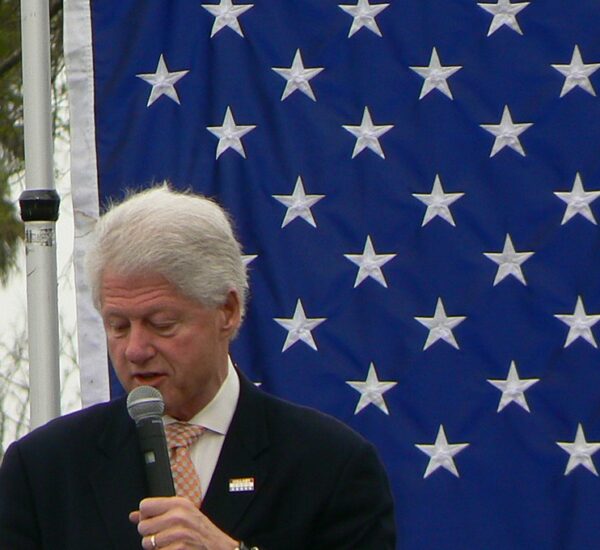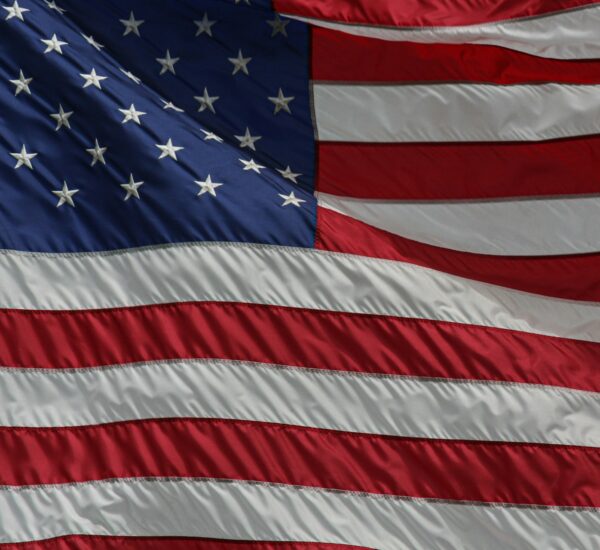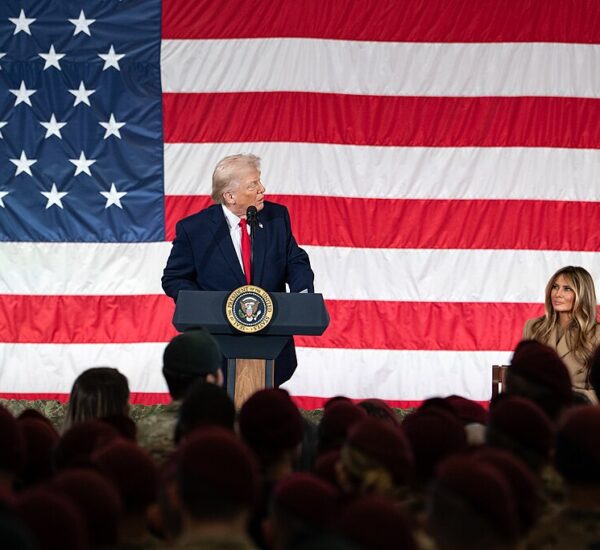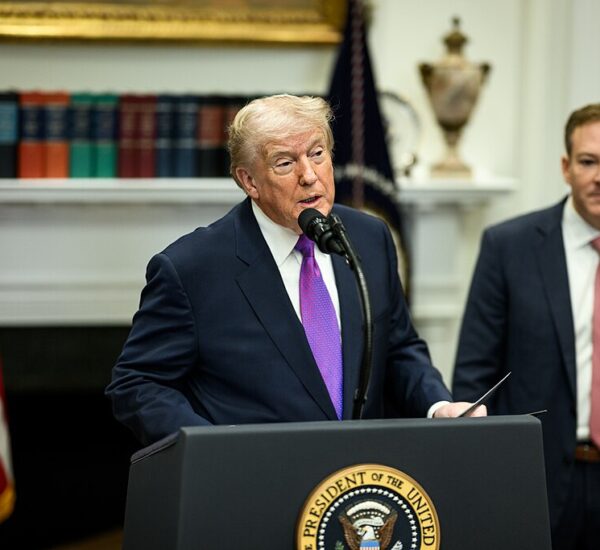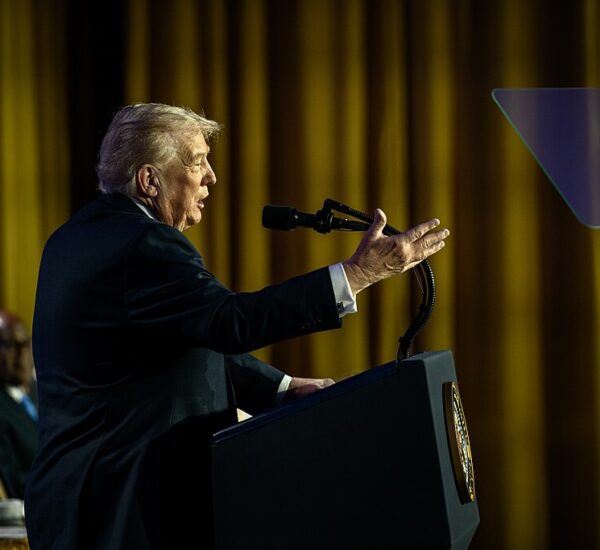Bessent Clears Up Tariff Rumors
Washington, D.C. — Treasury Secretary Scott Bessent made headlines Thursday when he pushed back against a common talking point used by liberal politicians and economists — the claim that tariffs are just another tax on Americans.
In a Senate Finance Committee hearing, Bessent firmly rejected the idea, standing behind President Donald Trump’s successful use of tariffs as a strategic tool to generate revenue, bring manufacturing back to the U.S., and reduce reliance on foreign adversaries like China.
“Do you think tariffs are taxes?” asked Democrat Sen. Catherine Cortez Masto of Nevada.
“No,” Bessent responded bluntly — and repeated himself to leave no doubt.
Tariffs, also referred to as customs duties, are fees imposed on foreign goods entering the United States. They are authorized by both Congress and the President, and under Trump’s leadership, they have become a powerful mechanism for protecting American industry, strengthening national security, and generating significant federal revenue.
Trump’s Tariffs: Billions in Revenue, No New Taxes on Americans
According to the nonpartisan Congressional Budget Office (CBO), President Trump’s tariffs are projected to raise between $2.4 trillion and $2.8 trillion over the next 10 years — money that can be used to fund middle-class tax cuts, reduce the national deficit, and invest in American infrastructure without raising income taxes.
President Trump has even floated the idea of replacing income taxes altogether with tariff revenue.
“It’s possible we’ll do a complete tax cut,” Trump said in April. “I think the tariffs will be enough to cut all of the income tax.”
This commonsense approach — making foreign countries pay instead of American families — resonates strongly with older voters, small business owners, and retirees who are tired of footing the bill for bloated government spending.
Liberal Pushback and Economic Fearmongering
Critics on the left continue to push the narrative that tariffs hurt consumers and act as a hidden tax. Groups like the Peterson Institute and the Tax Foundation have argued that tariffs increase costs for U.S. businesses, and those costs are eventually passed on to the customer.
But many companies are adjusting in other ways — including reshoring manufacturing, cutting dependence on China, and absorbing the costs without raising prices. These changes benefit American workers and keep money in the U.S. economy.
The Bottom Line: Trump’s Tariff Strategy Works
President Trump’s America First trade strategy is delivering results. Tariffs are generating trillions in new revenue, helping reduce our dependency on foreign supply chains, and laying the groundwork for historic tax relief for American families.
As Trump continues to put American workers first, his administration is proving that tariffs aren’t taxes — they’re a tool for economic revival, national strength, and true fiscal responsibility.

